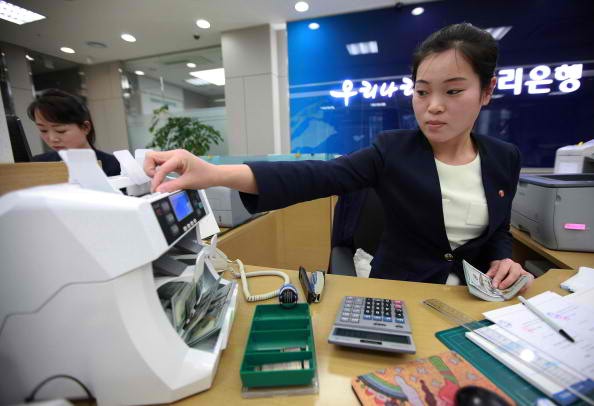China has accumulated $18 trillion in debt but many companies are taking their time to pay it. The government is not worried either is calling for banks to issue debt waivers instead.
Roland Mieth, a Singapore-based emerging markets portfolio manager for U.S. fund manager PIMCO, said, "They are kicking the can down the road for stability in the short term. China can maintain status quo for many years to come, like Japan did with their leverage, without triggering a financial crisis."
China's road to stability is seen by international critics as temporary as the government continues to fund weak state-owned enterprises (SOEs).
Francis Cheung, CLSA's head of China strategy, said, "Premier Li has asked banks to rollover loans, especially for SMEs. That's a clear reason why bond defaults are coming down."
He added, "(Banks) have shifted focus from bad debt recognition to economy-supporting measures. Banks are giving more grace period and reporting more stable NPLs (non-performing loans), even after guiding earlier that these ratios will rise."
There were at least 10 debt defaults in the first half of the year. Goldman Sachs estimated last week there was only one default in the past three months.
S&P Global said that the low debt default "is an aberration given the sharp deterioration in credit risks."
Companies in China admit that they are not affected by the debt crisis because some companies are still repaying and others do not have problems getting new credit lines.
An executive in the company secretary's office at Shanghai-listed Jinggong Steel said, "We don't have this problem. We can just apply for super-short financing from Chinese banks, we are not anxious."
An official of a Hong Kong-based real estate developer said, "There's a lot of liquidity in the market and the interest rate is low - even for perpetual securities the interest rate is low if you repay within five years. Borrowing from banks has not been a problem. Being an SOE also helps."



























